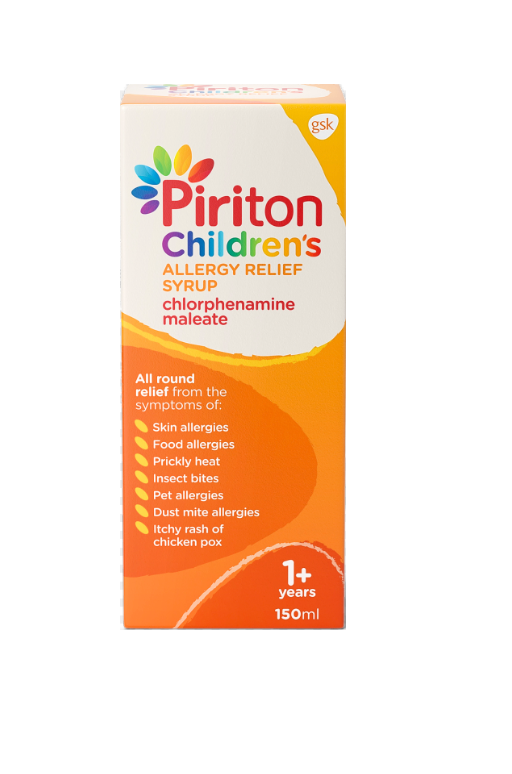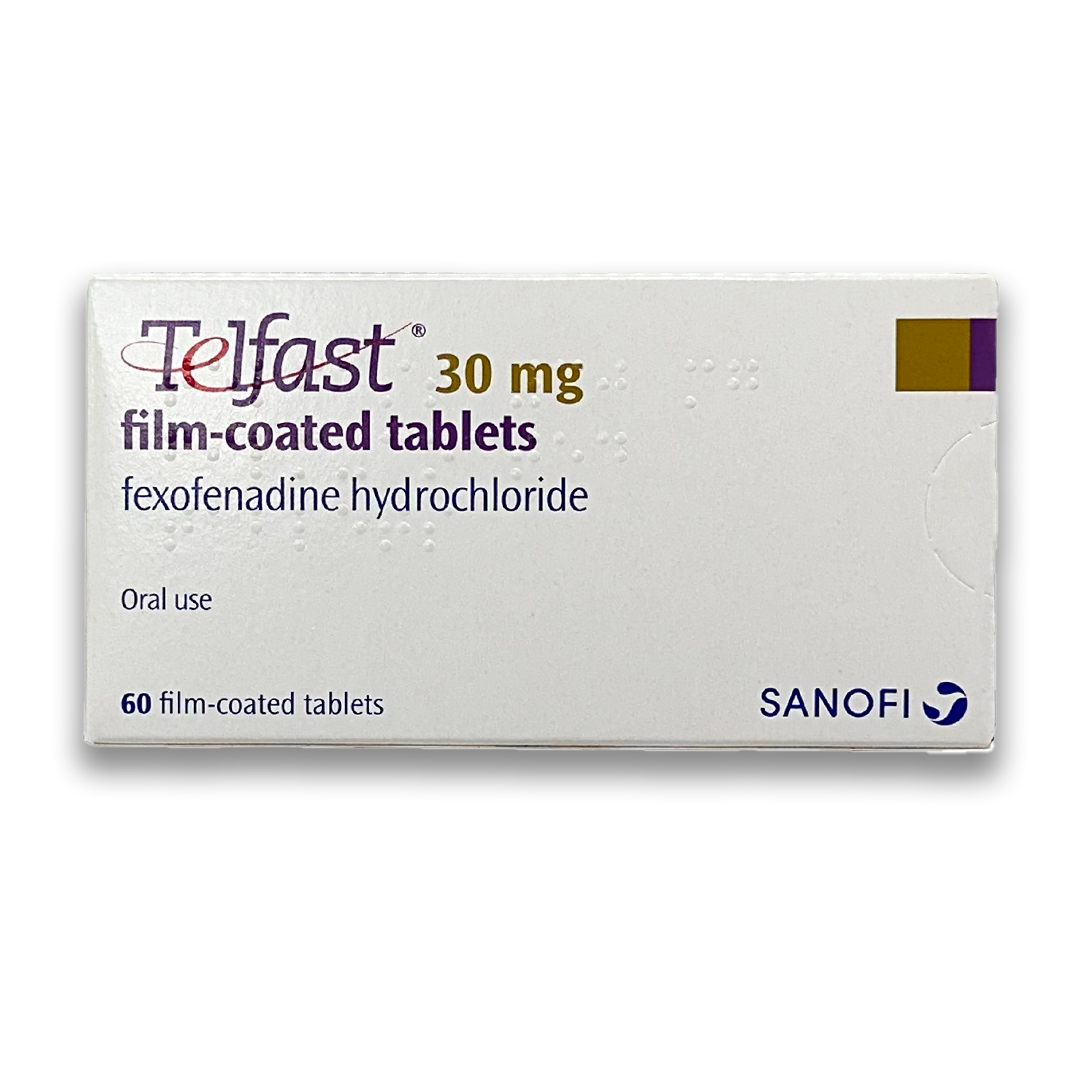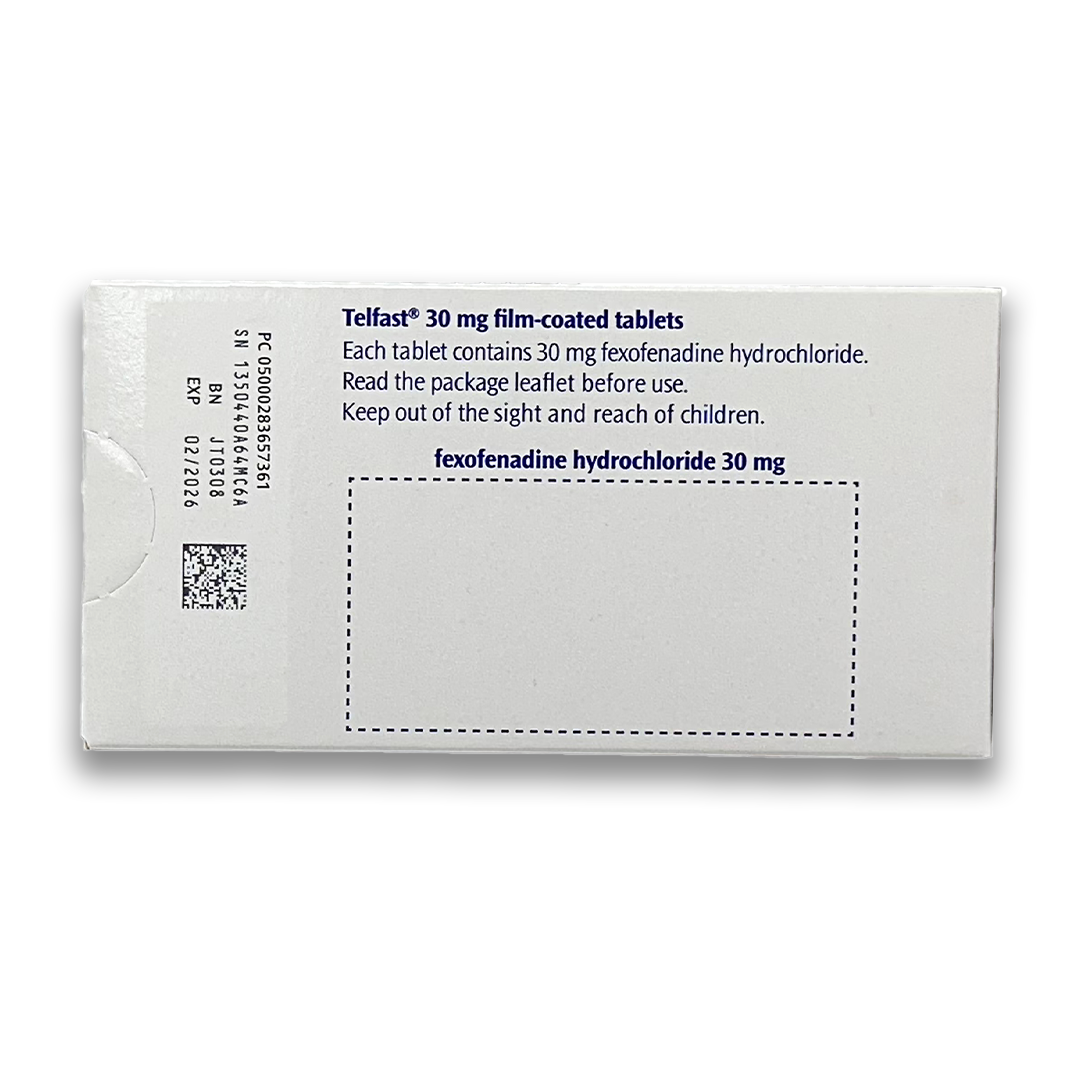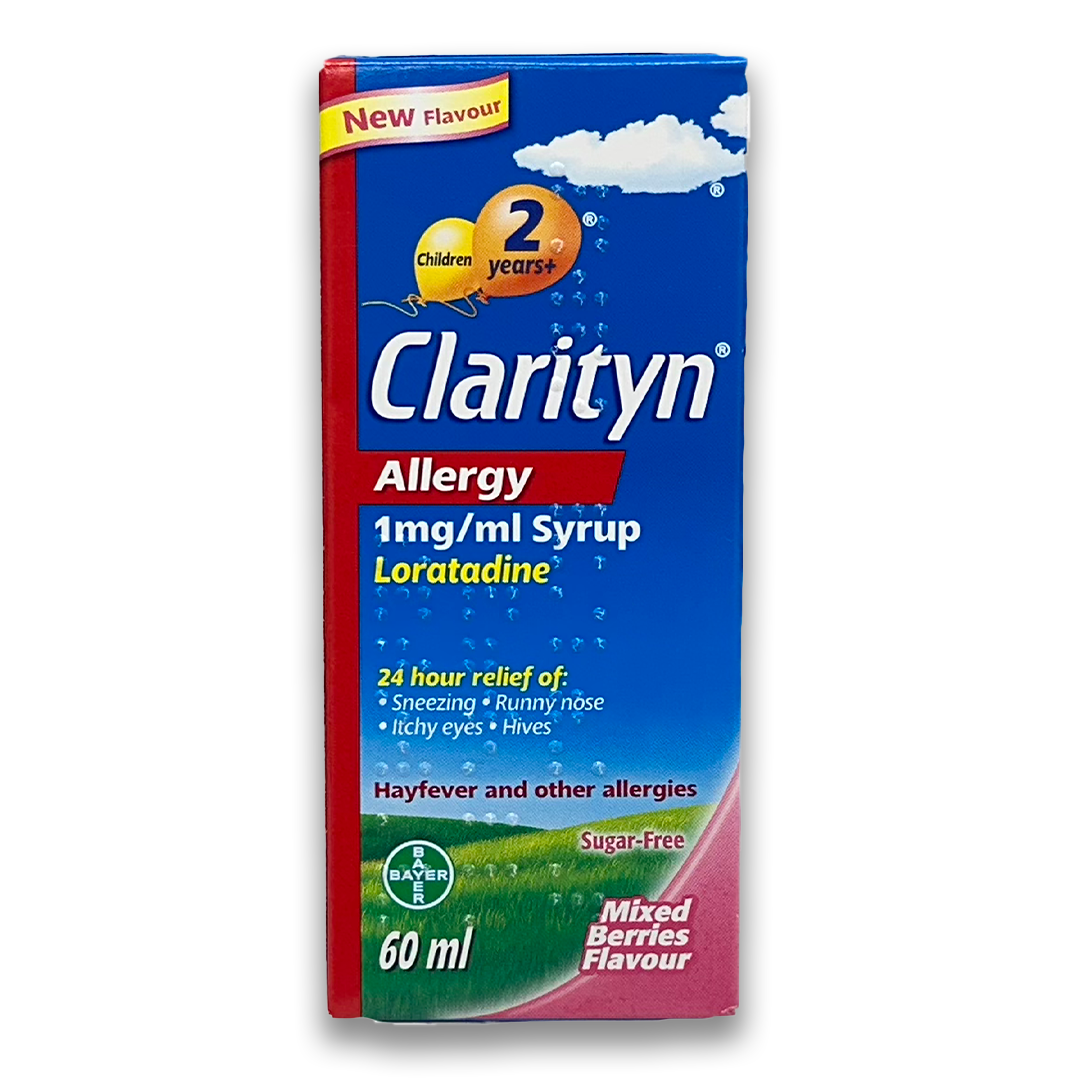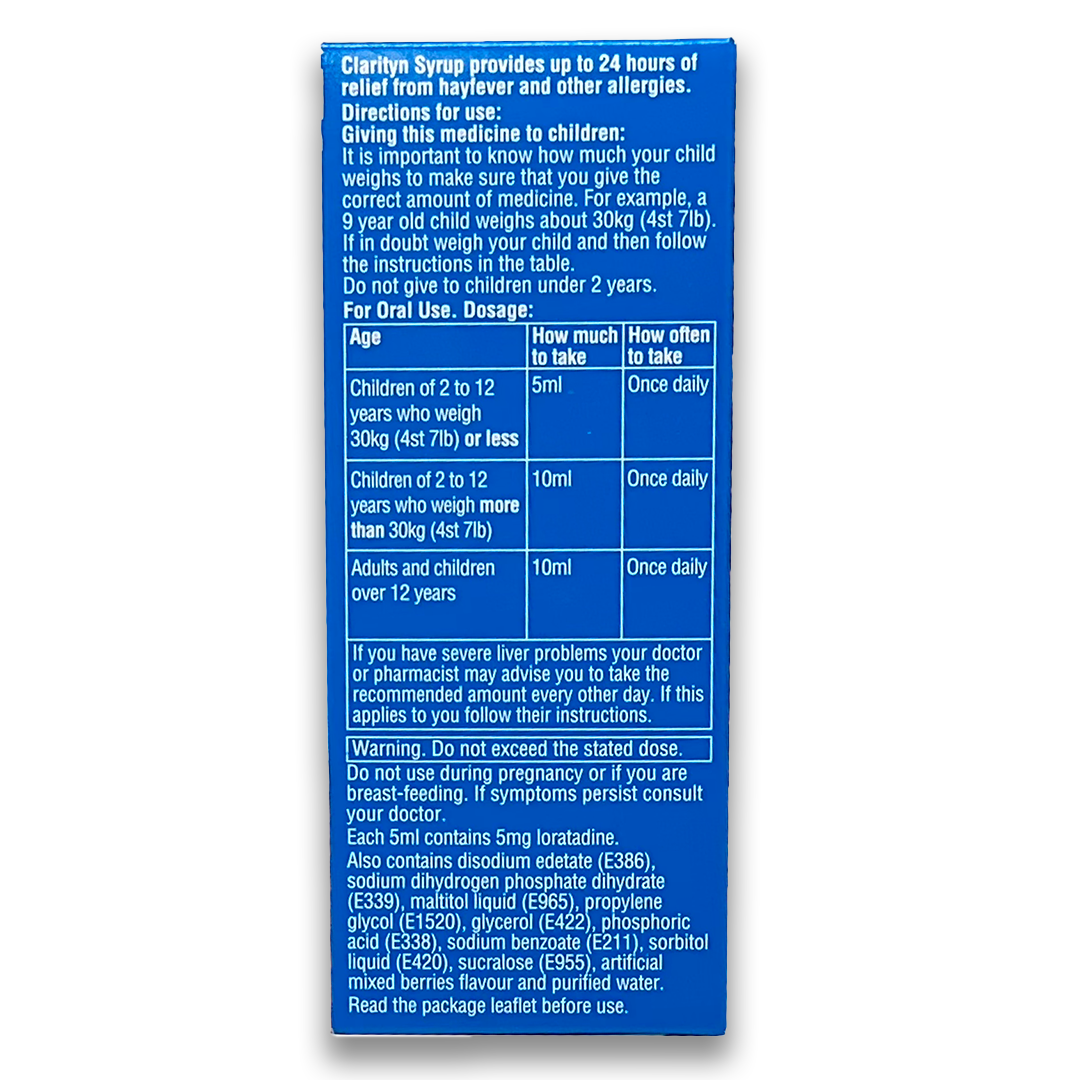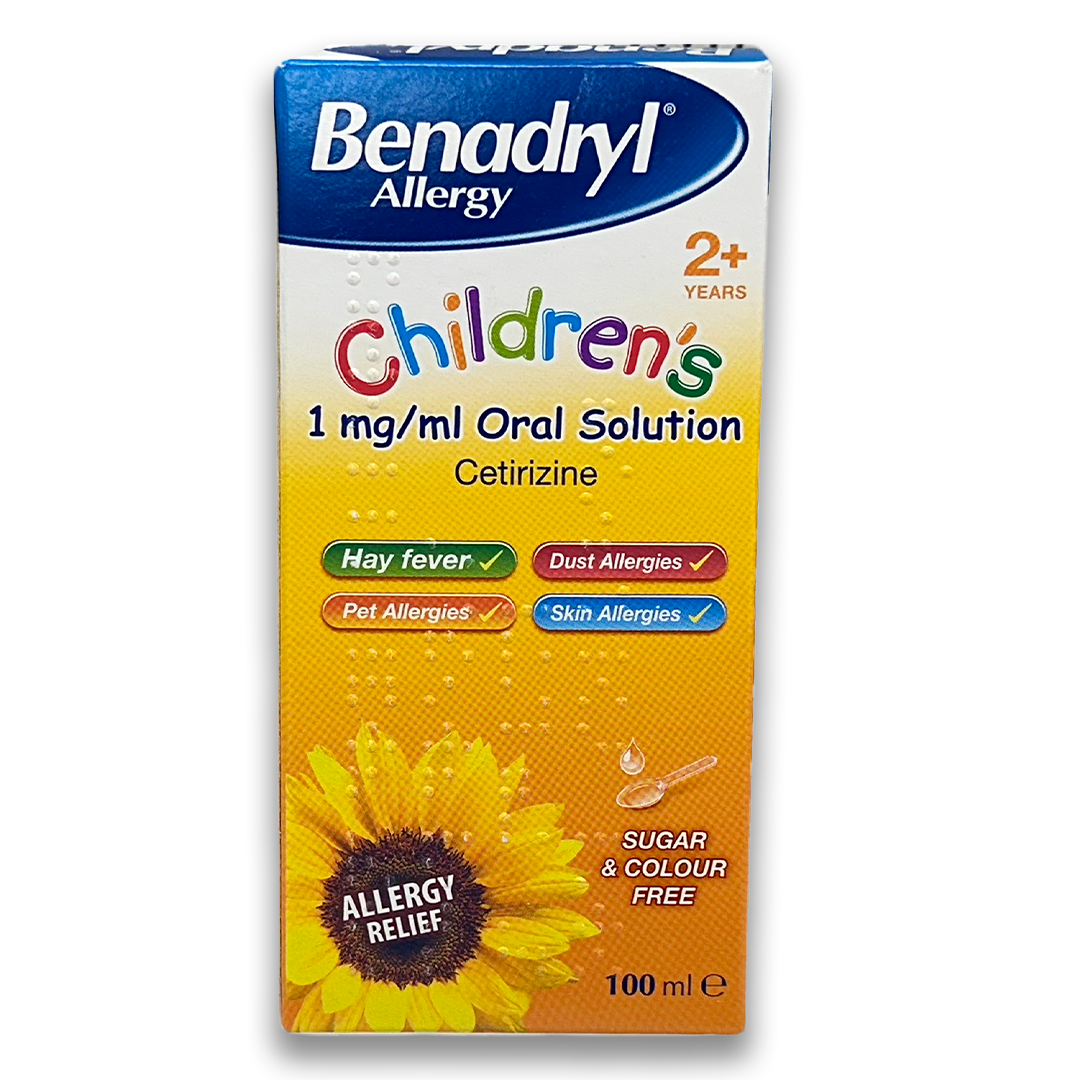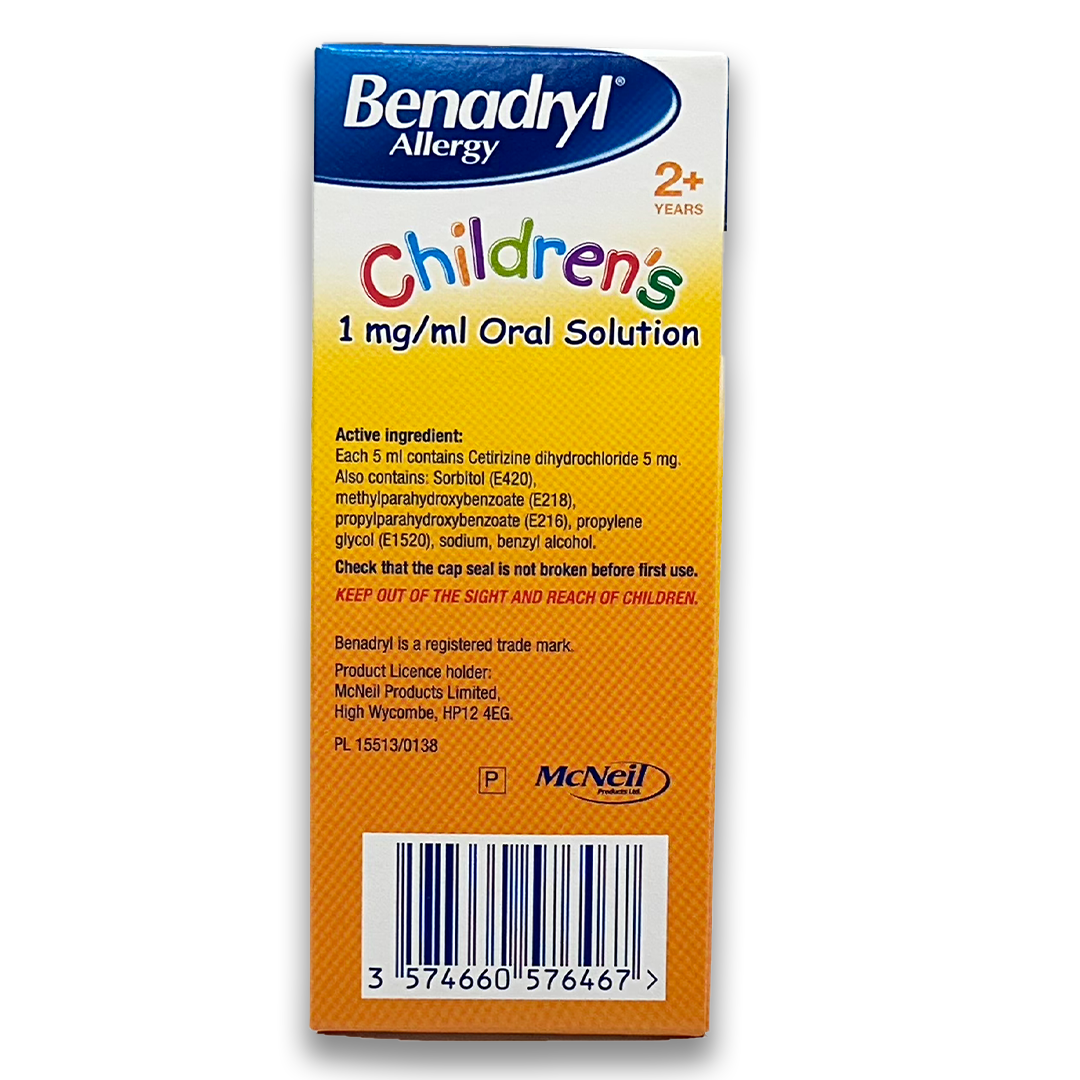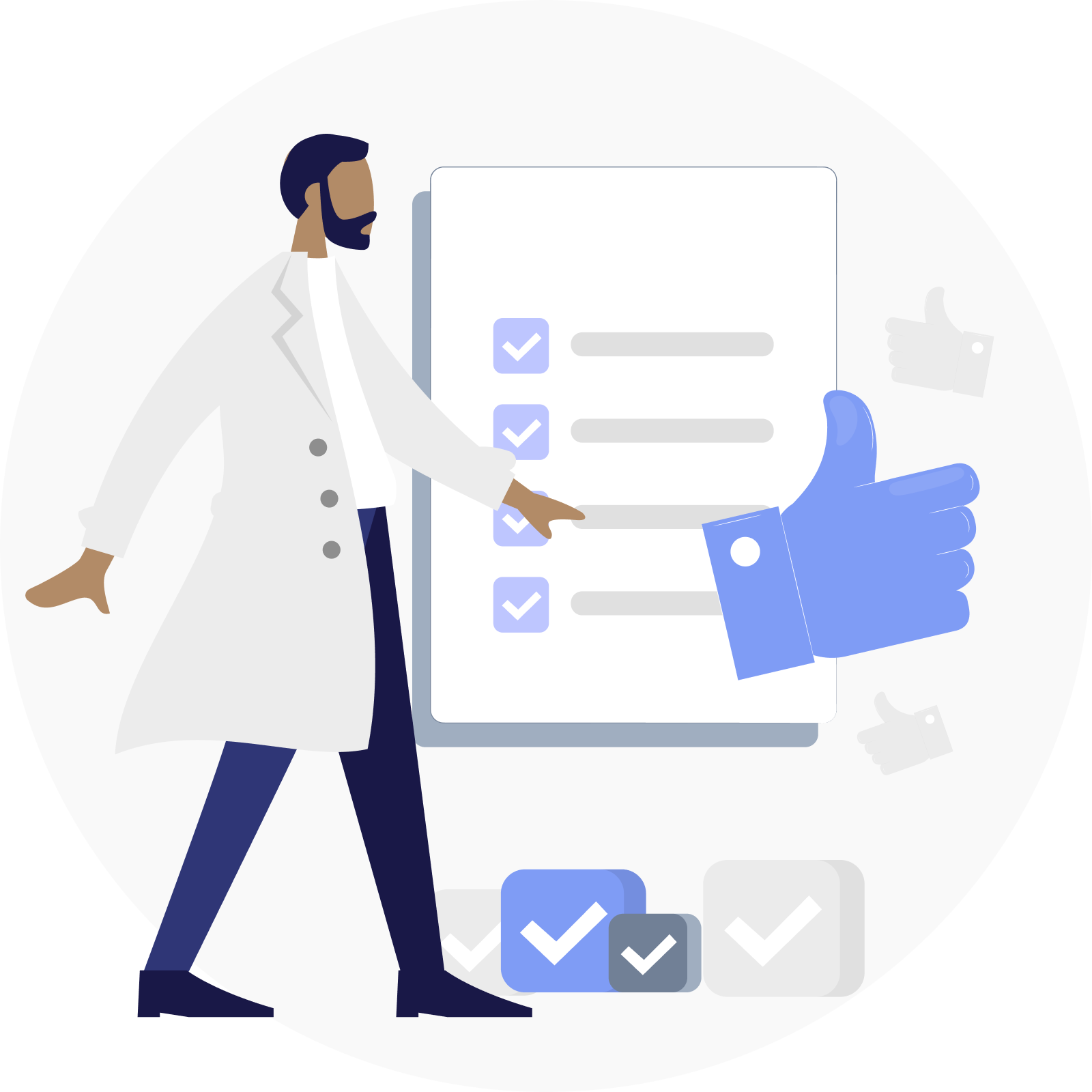
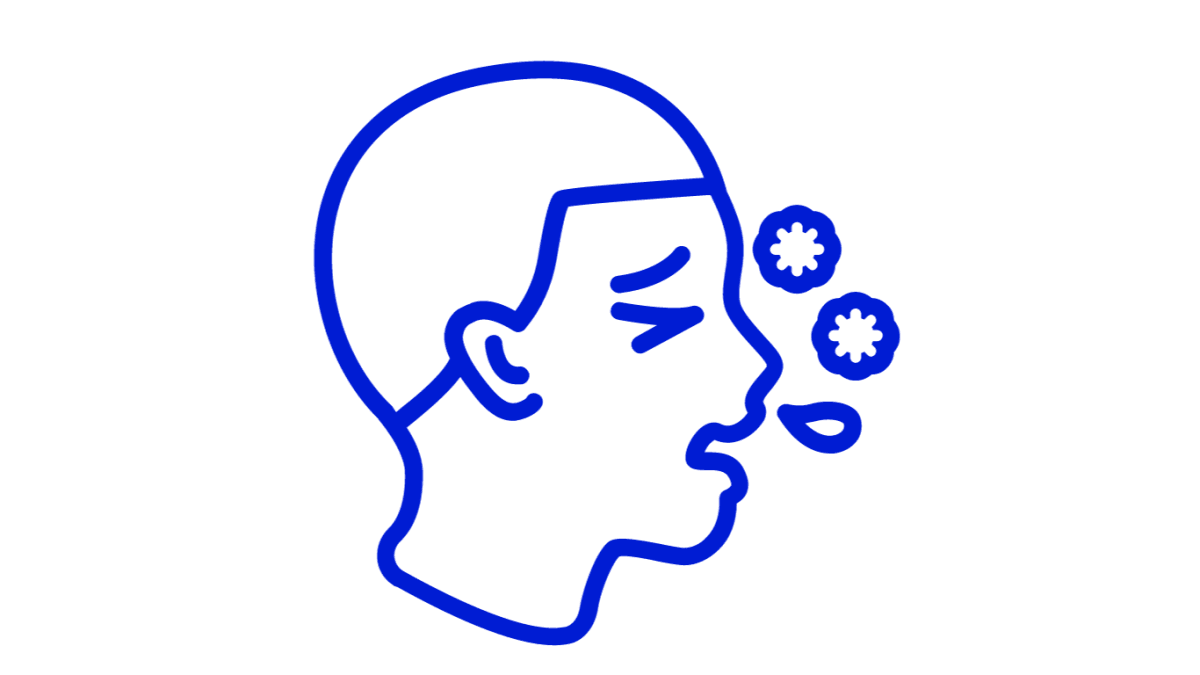
What is Children's Hay Fever and Allergy Relief?
Start your consultation
TAKES APPROXIMATELY 2 MINS TO COMPLETE.
About Children's Hay Fever and Allergy Relief
Cause
Diagnosis
Treatments
Prevention
Further Info:
FAQs
Can hay fever in children lead to complications or other health issues?
Are there any natural remedies or lifestyle changes that can help alleviate hay fever symptoms in children?
What is the role of immunotherapy in managing hay fever in children?
How can parents differentiate between hay fever and a common cold in their children?
We are here to help 👋
For assistance, please contact our customer service at info@rightangled.com. We are available Monday to Friday from 8 am to 5 pm. For urgent issues, please do not use this email. Instead, call 111, or dial 999 in case of an emergency.

